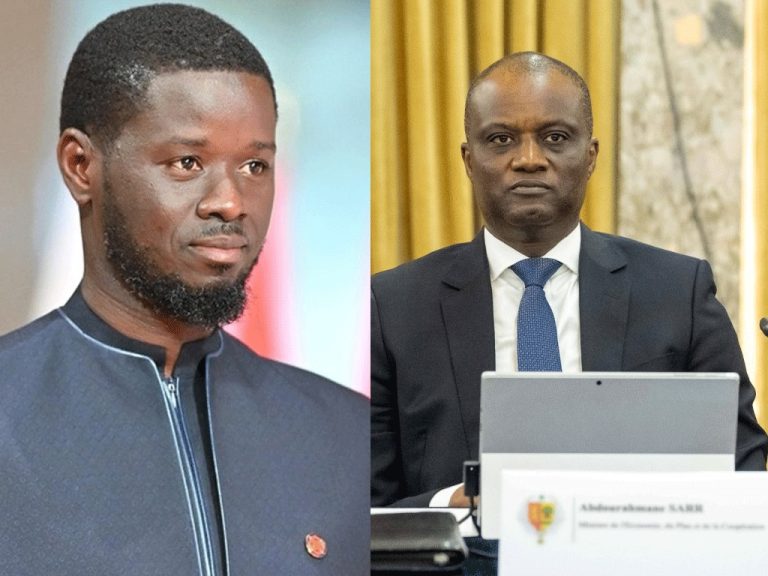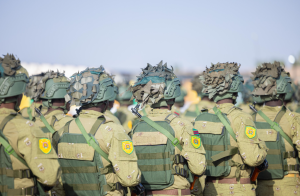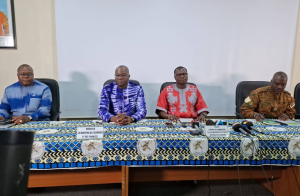Senegal: When Diomaye Faye uses his Minister of the Economy to betray African sovereignty

The hope for a genuine break from neocolonial influence—once carried by PASTEF under the leadership of Ousmane Sonko—now appears to be seriously compromised. In recent weeks, President Bassirou Diomaye Faye has made a series of ambiguous, and at times openly hostile, gestures toward countries that are actively pursuing a real and tangible pan-Africanist struggle—particularly the member states of the Alliance of Sahel States (AES). Instead of continuing the momentum toward liberation from neocolonial influence, Diomaye Faye seems to be leaning into a posture of compromise—if not outright collusion—with foreign powers, especially France. Worse still, Senegal now appears to be taking on a role eerily reminiscent of Côte d’Ivoire in critical African affairs: that of a compliant executor of Western interests.
This troubling drift was recently highlighted at the WAEMU summit in Lomé, where the behavior of Senegal’s Minister of Economy and Finance raised serious concern. According to multiple credible sources, a heated altercation reportedly occurred between the Senegalese minister and his Nigerien counterpart over the monetary and economic sovereignty positions defended by AES countries. Rather than acting as a pan-African mediator—as one might expect from a nation that claims the legacy of pan-Africanism—the Senegalese minister allegedly adopted a condescending and provocative tone, clearly aligned with a pro-Western axis.
This is not a mere diplomatic misstep. It is a symptom of a deeper and more alarming shift in political orientation. Behind the veil of economic realism and respect for international commitments, some members of the Senegalese government now seem to be undermining the popular push for emancipation across the continent. The bold campaign rhetoric has given way to weak diplomacy, contradictory actions, and complicit silence in the face of repeated attacks on AES nations. It is urgent to question whether the current leadership is turning its back for good on the sovereignist cause.
The Senegalese people cannot remain indifferent in the face of such a clear betrayal. The pan-Africanist struggle must not be reduced to a mere campaign slogan—it requires concrete, courageous commitment. If Bassirou Diomaye Faye intends to honor the legacy of PASTEF and uphold the trust of the people, he must immediately end all alignment with foreign agendas that undermine fellow Sahelian nations. It is up to Senegalese citizens—conscious and alert—to remind their leaders that sovereignty is not something to be negotiated; it must be asserted with dignity, solidarity, and loyalty toward those who share this aspiration.






